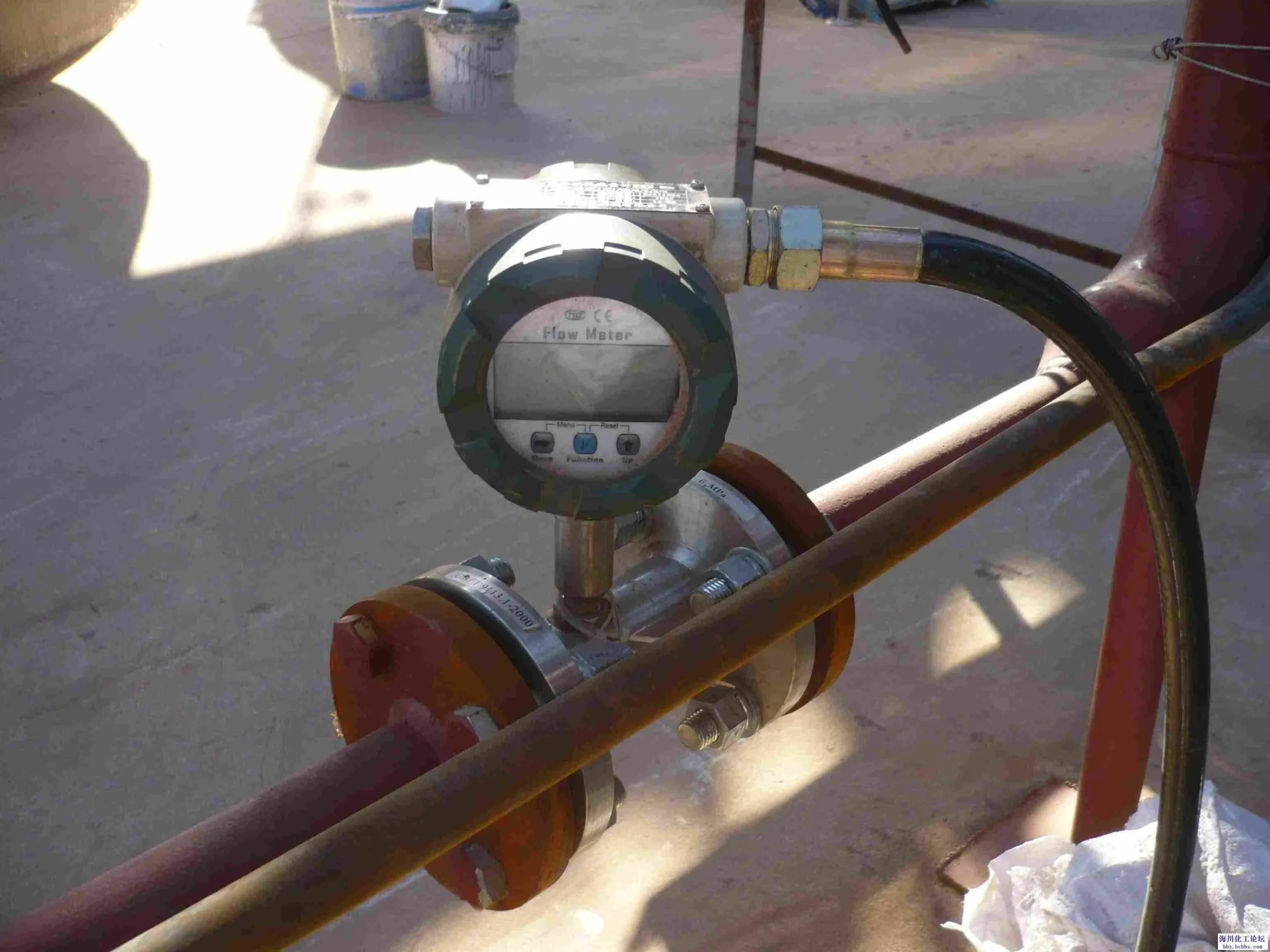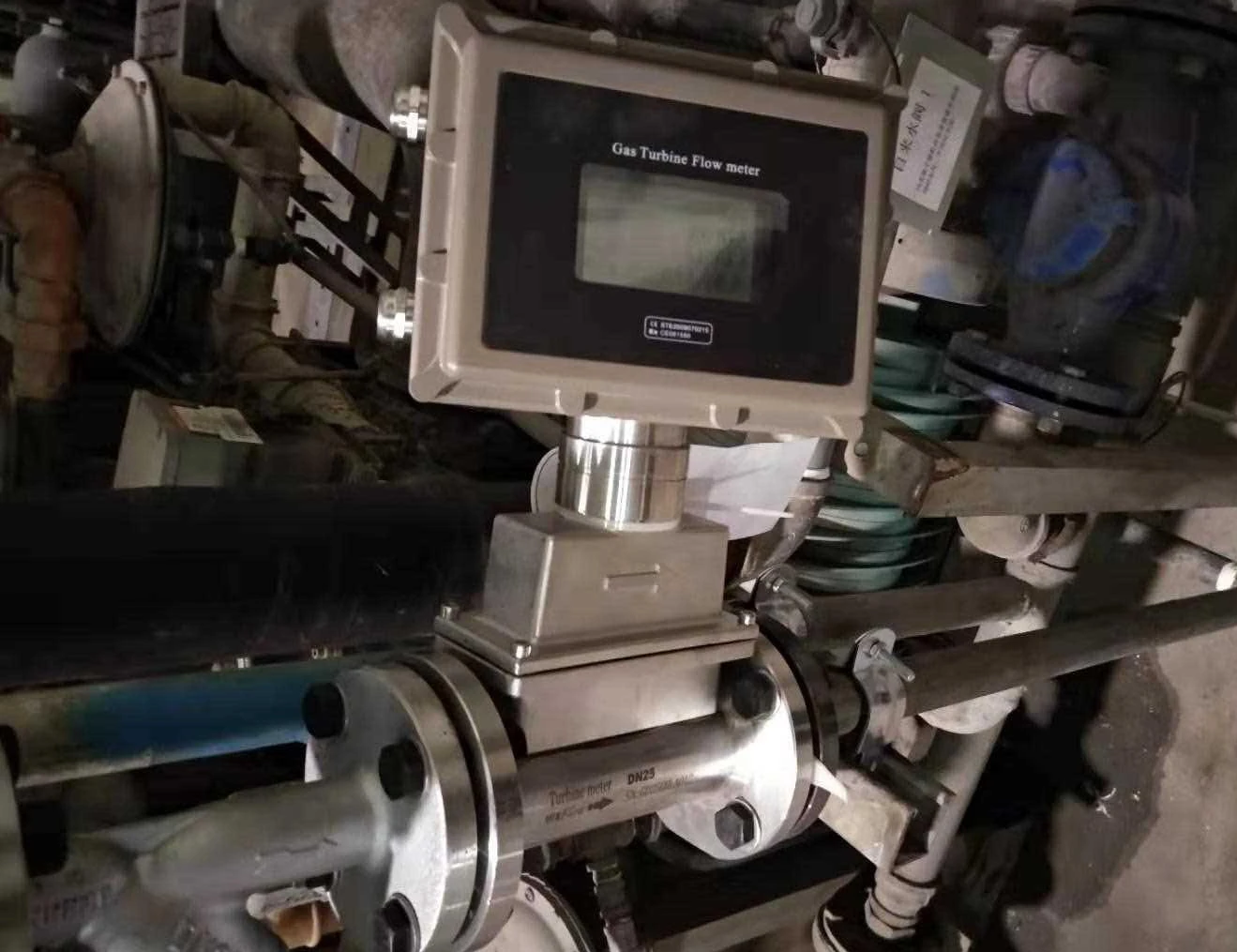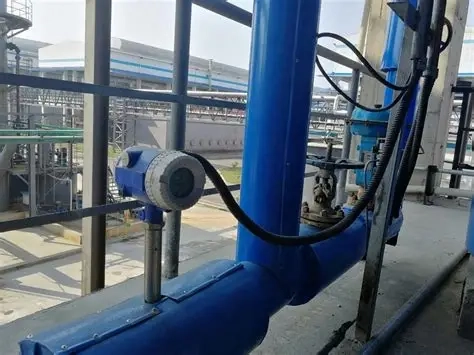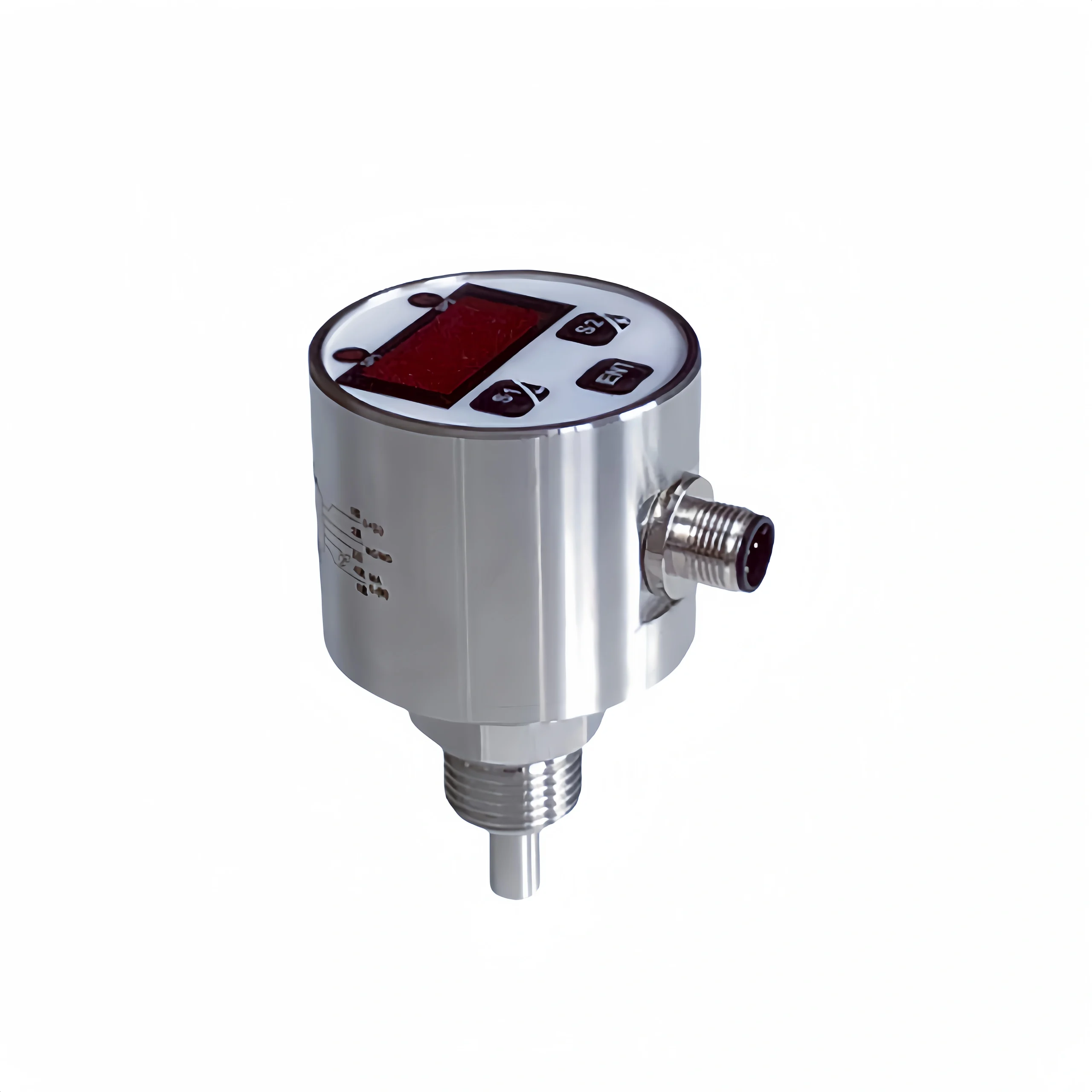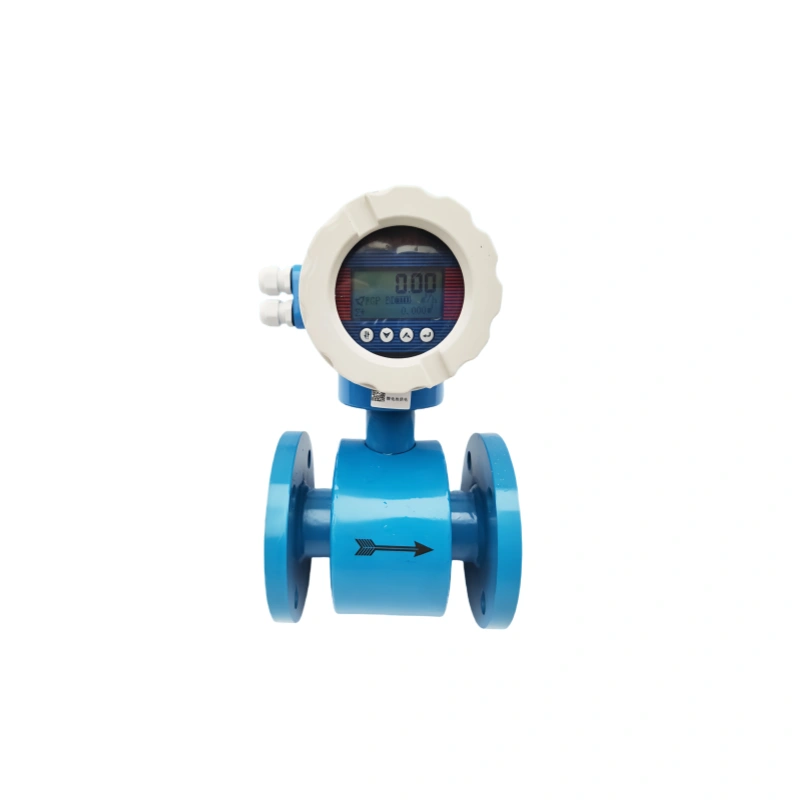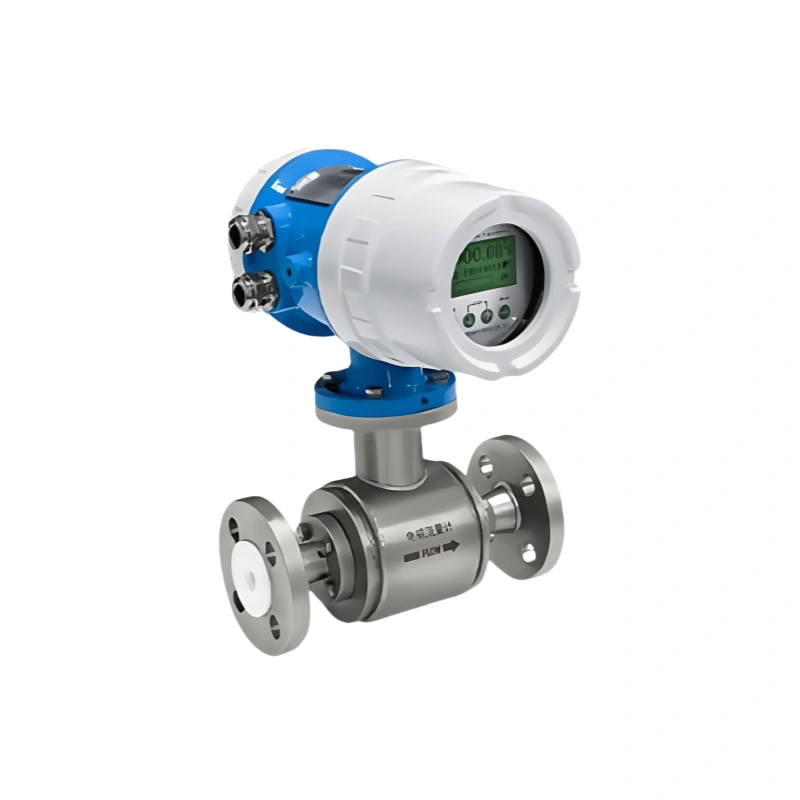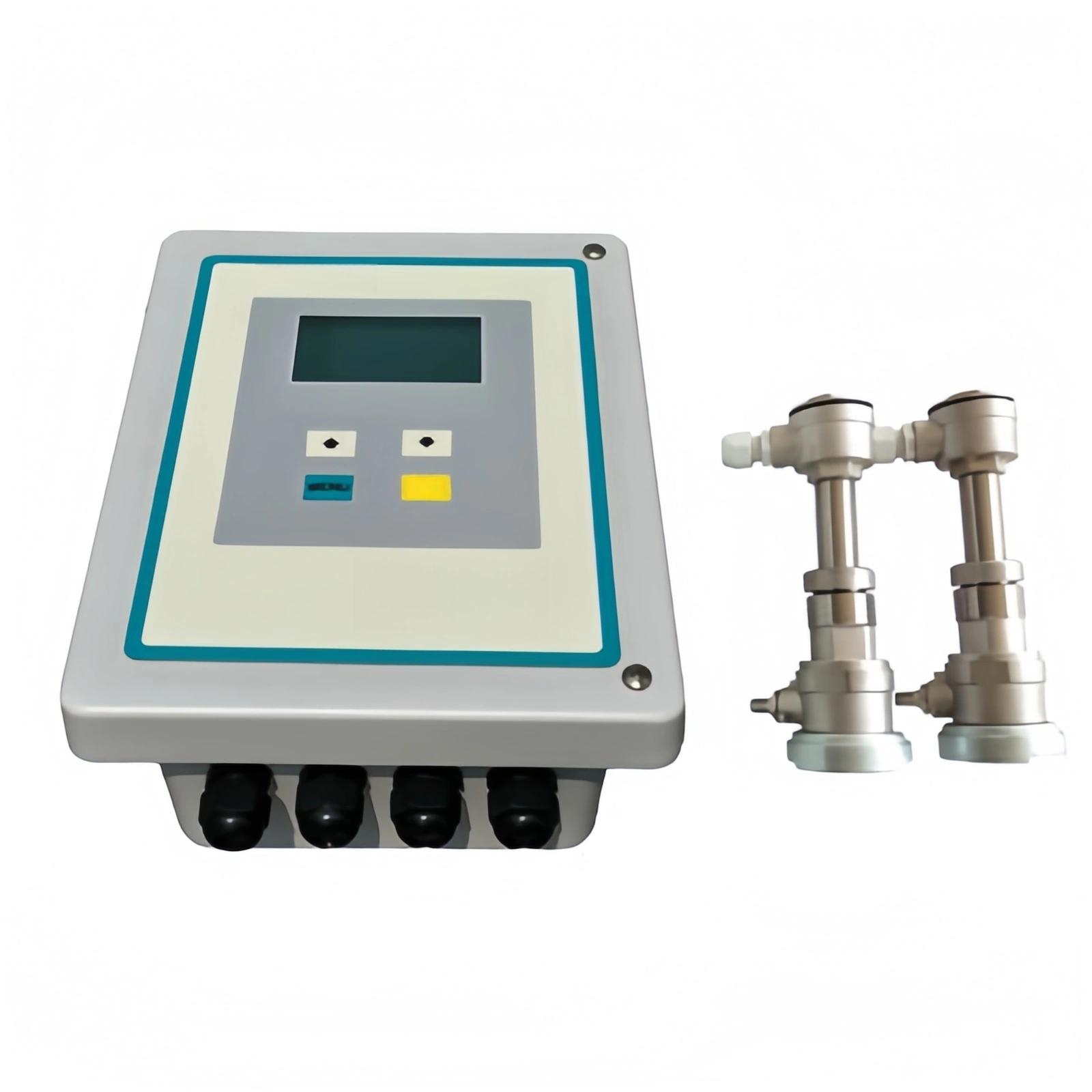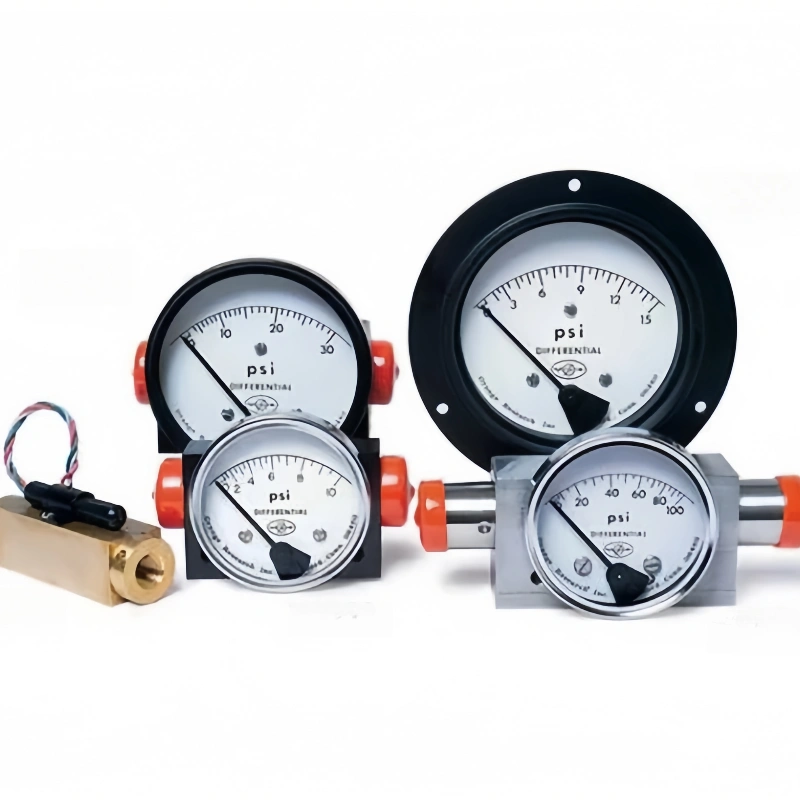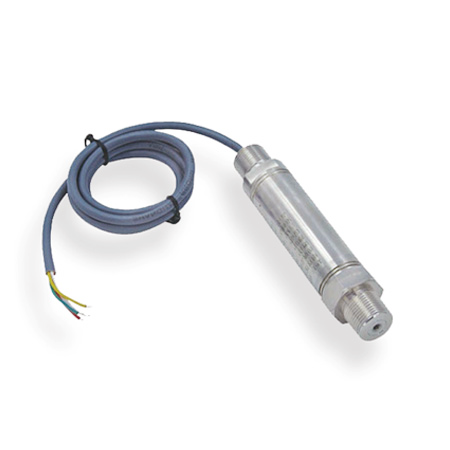About Propane
Propane flow meters are used to measure flow of Propane. So, what is the prone?Propane is a widely used fuel that is stored and transported in liquid form under pressure. After being released from the tank, it returns to its gaseous state. This allows large quantities of the fuel to be efficiently stored and transported in a relatively small space.
Gas Propane: Propane is naturally a gas at room temperature and standard atmospheric pressure. This is the gaseous state used in appliances such as grills, stoves, and water heaters.
Liquid Propane: Propane can be compressed at high pressure in tanks and stored as a liquid. This liquid form allows more fuel to be stored in a given space than in gaseous form.
Propane has the advantages of being versatile, cost-effective, and environmentally friendly. Propane has a wide range of applications in industry. These include organic synthesis, use as a fuel, solvent, and manufacture of chemicals such as ethylene and propylene. Therefore, accurate measurement of propane is critical to safety and cost-effectiveness in a variety of applications.
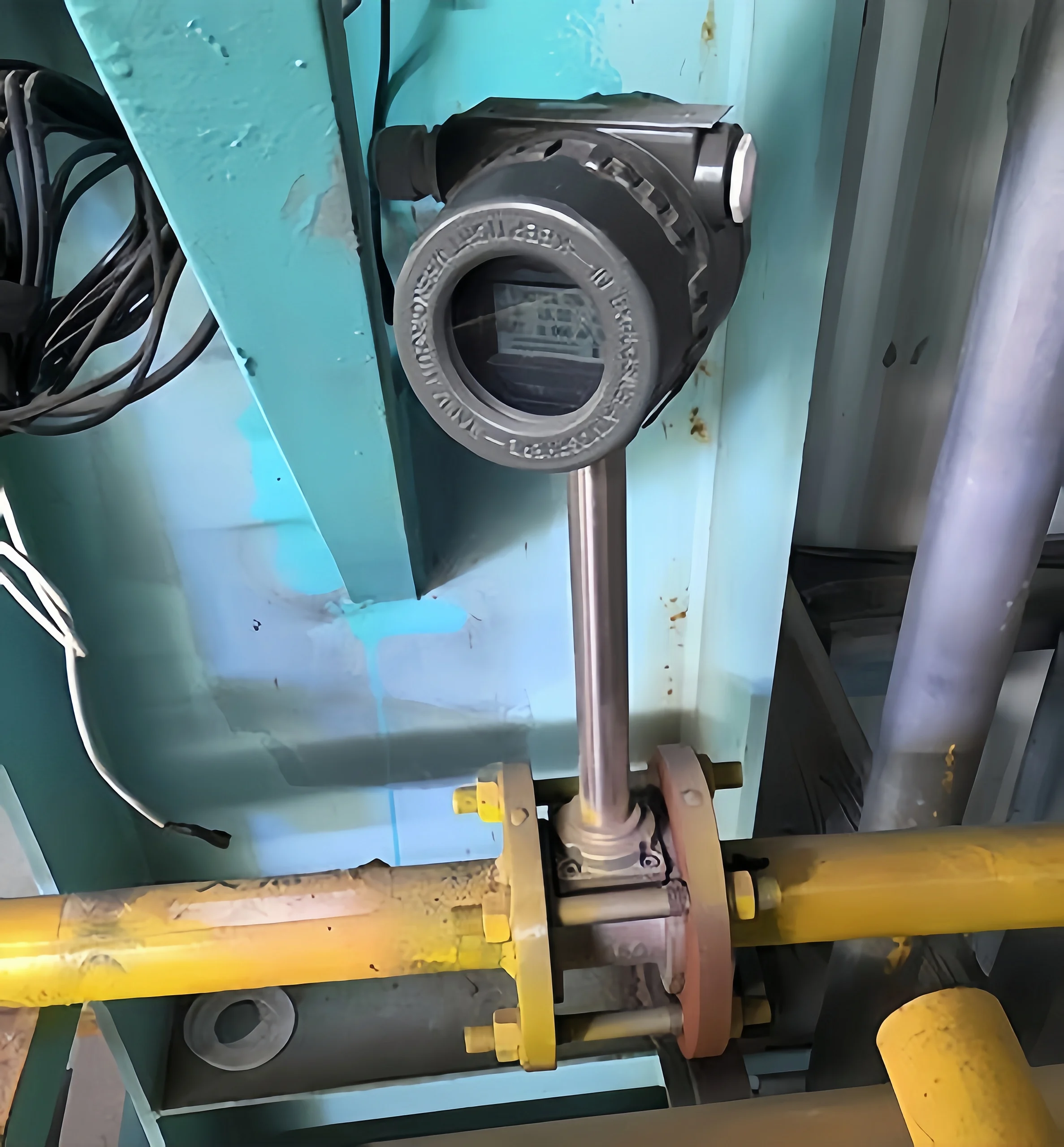
How to measure propane flow?
We can measure propane flow using a variety of flow meters. These include thermal gas mass flow meters, Coriolis flow meters, and vortex flow meters. Different instruments use different principles. We can use heat conduction, density measurement, and vortex shedding to accurately measure the flow rate of propane.
In addition to flow meter measurements, propane flow can be estimated by measuring the pressure drop across an orifice plate or by using a bubble flow meter for volumetric flow measurement. A manometer can be used to measure propane pressure. Propane can be measured by volume (gallons) or weight (pounds).
What is a Propane Flow Meter?
A propane flow meter is a device that measures the flow of propane gas. It is measured in volume (e.g., cubic meters per hour) or mass (e.g., kilograms per hour). Propane is usually found in gaseous or liquid form under different temperature and pressure conditions.
Industrial plants are equipped with propane flow meters that provide real-time flow readings. This is essential for monitoring propane usage, ensuring efficient fuel management, and detecting potential problems such as leaks or inefficiencies. Propane flow meters can be used in a variety of applications. This includes residential, commercial, and industrial settings.

How does a Propane Flow Meter Work?
Propane flow meters work by measuring the rate of propane gas flowing through a sensor. Depending on the type of meter, they can measure volumetric flow (such as cubic meters per hour) or mass flow (such as kilograms per hour).
Different types of meters use different principles. For example, measuring the rate of gas flowing through the sensor or the constant temperature difference method.
Measuring gas flow rate: Some flow meters directly measure the rate at which propane passes through the sensor. This may involve measuring the pressure difference (pressure drop) at a constriction in the flow path, which is then related to the flow rate.
Constant temperature difference method: Some flow meters use a heating element inserted into the propane stream. And measure the temperature difference between the heating element and the propane. This temperature difference can be used to determine the mass flow rate.
Common Types and Features of Propane Flow Meters
Vortex Flow Meters
Vortex flow meters detect the frequency of vortices created when propane flows over an obstruction. Vortexes are created when a fluid flows over an obstruction, and the frequency of these vortices indicates the flow rate. The frequency of these vortices is proportional to the flow rate.
Vortex flow meters are ideal for measuring gaseous and liquid propane in industrial applications. They are known for having no moving parts, high accuracy, and the ability to handle a wide range of flow rates. They have the advantage of temperature and pressure compensation. They are suitable for various fields.

Turbine Flow Meter
The gas turbine flow meter is a flange type turbine flow meter. The turbine rotates when propane gas flows through it, and the speed indicates the flow rate. The speed of the turbine is proportional to the flow rate.
The gas turbine flow meter is ideal for natural gas flow measurement. They offer a wide range of flow rates and applications. They are easy to install and suitable for measuring natural gas, propane and other non-corrosive gases.

Thermal Mass Flow Meter
A thermal gas mass flow meter is a meter that uses heat transfer to measure the mass flow of propane. These meters measure the mass flow directly. No temperature and pressure compensation is required. The meter uses the constant temperature difference method to accurately measure the gas mass flow.
A thermal mass flow meter works by induction of heat transfer between the heating element and the flowing fluid. As the flow rate of the medium increases, the heat carried away by the medium also increases.
The current required to maintain a constant temperature difference is proportional to the mass flow rate. According to this proportional relationship, the flow rate Q of the fluid can be obtained.

Differential Pressure Flow Meter
Differential pressure flow meter, also known as DP flow meter. It consists of a flow sensor and a pressure/differential pressure transmitter.
Differential pressure flow meter measures fluid flow by detecting the pressure drop in the flow path, at a constriction or restriction. This pressure difference is directly related to the flow rate, allowing flow measurement.
Differential pressure flow meters are generally very reliable and require very little maintenance. They can be used for various types of fluids (gas, liquid and steam), including high temperature and high pressure environments. They can be configured with different main components to meet specific application needs.

Positive Displacement Flow Meters
Positive displacement flow meters act like a hydraulic pump in reverse. Flow is measured by repeatedly capturing and measuring the volume of propane. As the fluid flows through, it fills these chambers, then drains out and is refilled with the same amount of liquid.
Positive displacement flow meters offer high accuracy and repeatability. This makes them ideal for applications that require precise flow measurement. They are used in a variety of industries to measure the flow of liquids and gases.

Coriolis Flow Meter
Coriolis flow meters measure mass flow directly. This eliminates inaccuracies caused by changes in fluid density, viscosity or other physical properties. They offer a high level of accuracy. This makes them suitable for precise measurement applications
Coriolis flow meters measure the Coriolis force. This is the rotational force created by the flowing propane gas. By measuring this force, we can accurately calculate mass flow.

Basic Applications of Propane Flow Meters
1. Residential and Commercial Uses:
Monitor propane usage for home heating, cooking, and other appliances.
Propane-powered HVAC systems, restaurants, and food service.
2. Industrial and Manufacturing Settings:
Monitor propane flow to fuel forklifts. Measure propane flow in manufacturing processes that utilize propane for heating.
3. Bulk Propane Distribution and Transportation:
Accurately track propane inventory in bulk storage tanks. Measure propane flow to vehicles and fueling stations
4. Transportation and Fueling Systems:
Measure the amount of propane dispensed. And measure the amount of propane transferred from trucks to customer tanks.
Benefits of using a propane flow meter:
Accurate measurement: Ensures precise measurement of propane flow.
Efficiency and optimization: Helps optimize propane usage and minimize waste.
Safety: By monitoring flow and preventing oversupply.
Cost savings: Accurate measurement helps identify and resolve inefficiencies. Resulting in cost savings.
Tips for Buying Propane Flow Meters
When purchasing a propane flow meter, you should get a professional evaluation. Carefully consider your specific needs and application.
- Propane state: gas or liquid
- Flow rate: Determine the minimum and maximum propane flow rate to measure
- Measurement environment: temperature, pressure, and environment (indoor/outdoor)
- Accuracy
- Installation conditions
- Research different types of flow meters
- Compare and evaluate specifications and prices from multiple suppliers
- Consider long-term operation and maintenance costs
- Seek professional installation
Choosing the right flow meter can maximize energy efficiency and minimize costs. Propane flow meters, whether used to measure gaseous or liquid propane, help improve efficiency and safe operation in a variety of areas.
Sino-Inst is a trusted partner for industries seeking accurate and efficient propane measurement. By understanding the importance of choosing the right flow meter, comparing different types of flow meters, and considering key factors, you can make an informed decision.
If you need a reliable propane flow meter for your application, please feel free to contact us.




